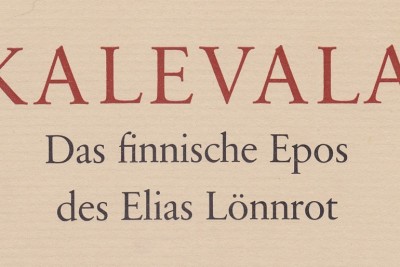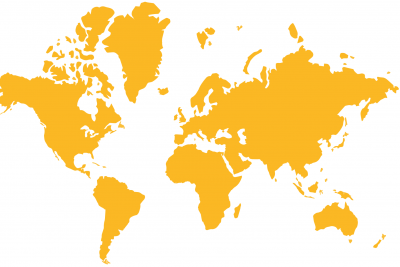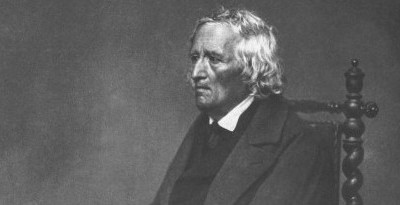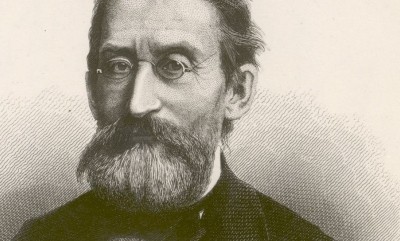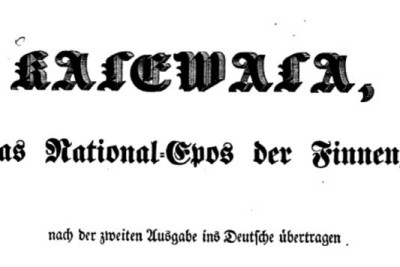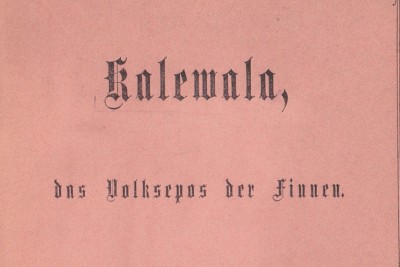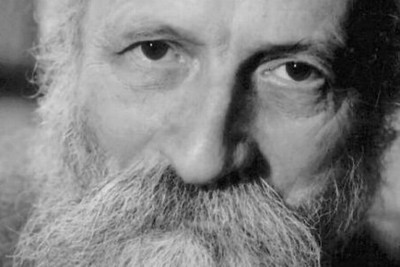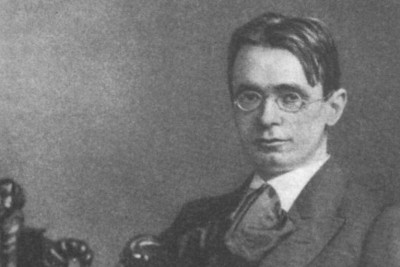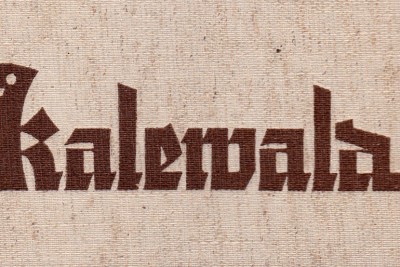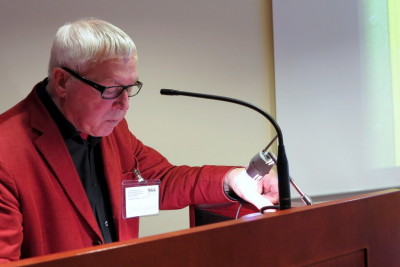Anton Schiefner’s German translation of the New Kalevala had an enormous impact on how the Kalevala started its journey out into the world. People understood Schiefner’s translation and it has, during the decades, been used as a base for several translations in different languages.
The translations of the Kalevala in the German speaking world also tell us how ideas, ideologies and the historic situation influenced the need for and focus of new translations. It was not until the German translation by Hans and Lore Fromm (1967) that the translation was made because of the epic itself.

